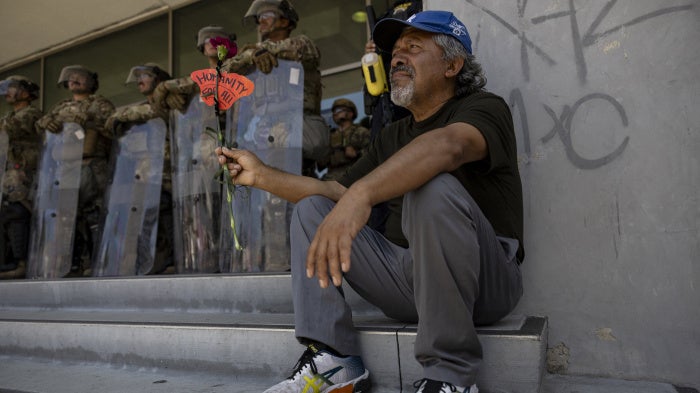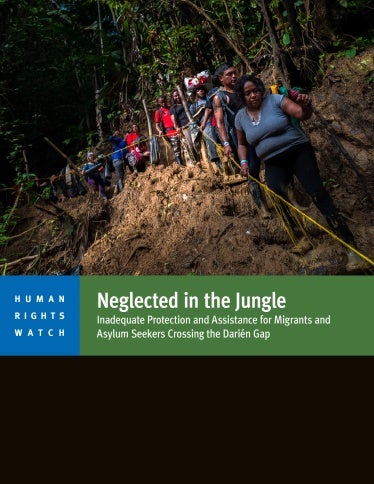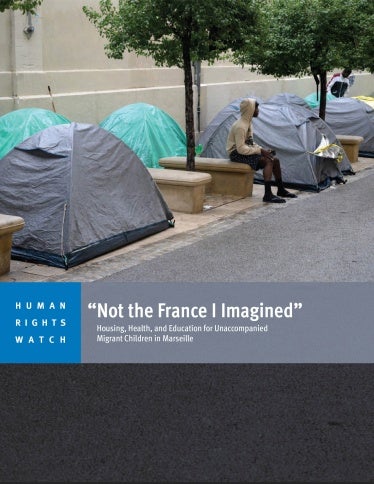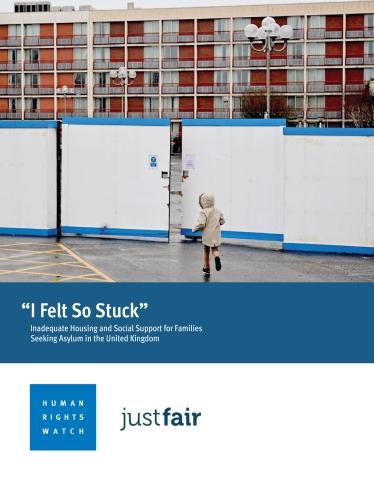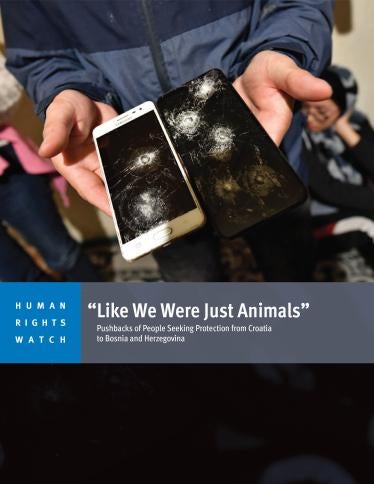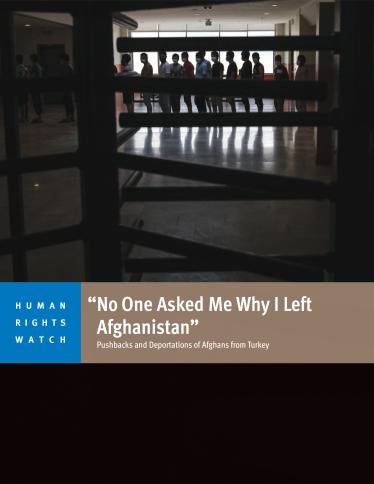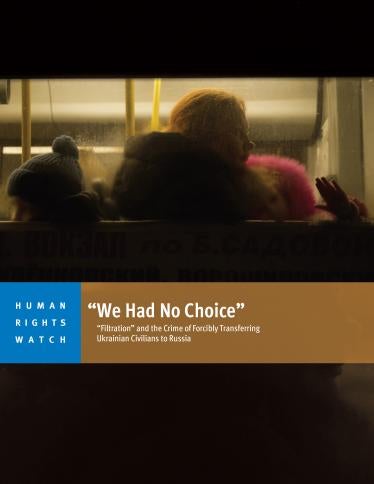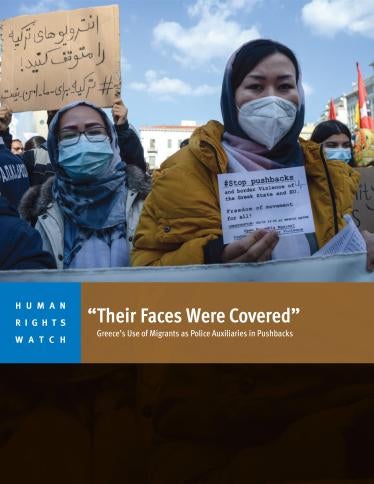“All My Dreams Have Been Erased”
Israel’s Forced Displacement of Palestinians in the West Bank
The 105-page report, “‘All My Dreams Have Been Erased’: Israel’s Forced Displacement of Palestinians in the West Bank,” details “Operation Iron Wall,” an Israeli military operation across Jenin, Tulkarem, and Nur Shams refugee camps that began on January 21, 2025, days after a temporary ceasefire was announced in Gaza. Israeli forces issued abrupt orders to civilians to leave their homes, including with loudspeakers mounted on drones. Witnesses said soldiers moved methodically through the camps, storming homes, ransacking properties, interrogating residents, and eventually forcing all families out.


